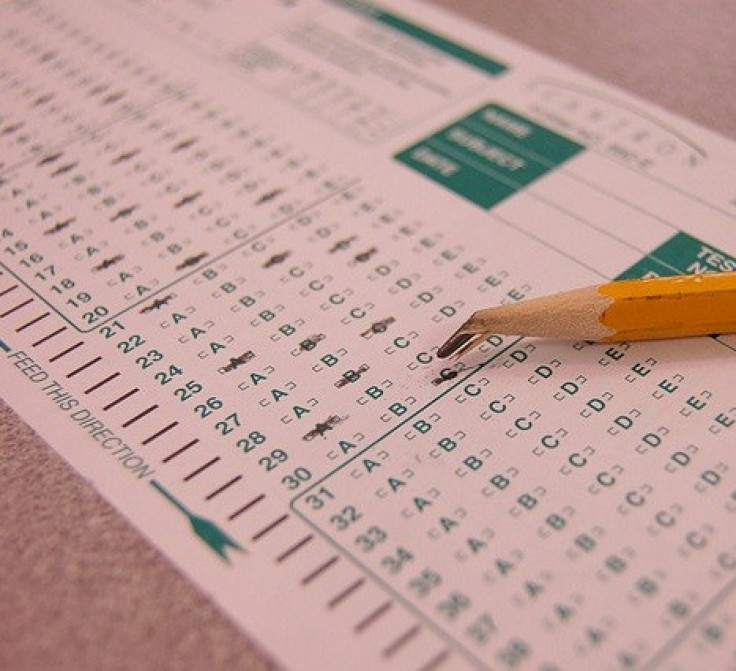College Board: SAT, ACT Tests To Require Photo IDs In Security Crackdown

In an effort to crack down on cheating during the SAT and ACT college entrance exams, The College Board announced Tuesday that all students taking those tests will soon be required to provide their photo IDs on their applications.
The College Board, which runs the SAT and the ACT testing company, will introduce these worldwide initiatives and others in the wake of a massive cheating scheme on Long Island involving 20 current and former high school students. New York prosecutors said that about 15 high school students had hired five other people at $500 to $3,600 to take the SAT or ACT in their stead.
Honest, hardworking students are taking a back seat to the cheaters, said Nassau County District Attorney Kathleen Rice. This is a system begging for security enhancements.
Rice said that in one case, security was so loose that a male student got away with standing in for a female student, hence the new initiative for photo IDs. The cases against the 20 students are still in progress.
These reforms close a gaping hole in standardized test security that allowed students to cheat and steal admissions offers and scholarship money from kids who play by the rules, Rice said.
For the photo IDs, students that wish to take the tests will be required to upload or mail in a photo of themselves upon registering for either test. In return, the student will receive an admission ticket into the testing site with a copy of their scanned photo, which won't be printed directly on the admission ticket, but on the test site roster, so it can be checked against the photo ID that the student provides at the test center itself. The same photo will be attached to the students' scores.
The College Board assures that there will be more checking of student IDs, including when the student enters the test site, any time they re-enter the room after a break, and when the answer sheets are collected at the end of the test.
If cheating is suspected, testing companies will be allowed to conduct spot checks with boosted security at random test locations, and proctors will also be given training on how to identify cheaters in the room.
The College Board said it added these security measures with help and guidance from a security firm run by Louis Freeh, a former FBI director.
© Copyright IBTimes 2024. All rights reserved.












